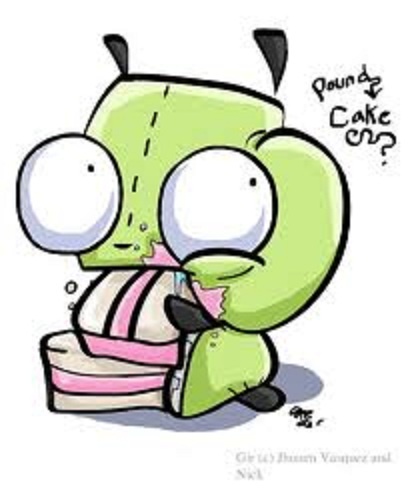 Music for the Article
Music for the ArticleThis commander cares deeply about his men and exhibits it constantly. A mentor to the officers under him, he takes a deep personal interest in their welfare and tries to keep them out of harm's way. He would never say, "We Have Reserves" (unless it would save more lives in the long run- but expect him to be torn up about it, though he may hide it almost perfectly—and certainly never to make him look better). Staff officers, engineers, and the Camp Cook will be treated with respect and made to feel as valued as the troops on the front line, though he'll not put up with bureaucratic nonsense. He will never lay claim to work actually performed by his subordinates, and will try to pass the credit to where it's due if it is misattributed to him. He will accept responsibility for any mistakes, even if it was not entirely his fault, especially if the failure would result in severe punishment for a subordinate. He often follows up by treating his subordinate's mistakes as Career Building Blunders. And when his subordinates actually die, he will make sure to remember all of their names and faces.
Usually a military mastermind (because obviously anyone who cares so much about the boys on the line would bother to know what he's doing, right?).
Strategic or tactical blunders are usually the fault of those above him or below him. His career is often handicapped or cut tragically short by the incompetent High Command, his true worth appreciated only by the men he commanded. Or at least, that's the impression he projects to the troops.
This character generally cultivates a father-figure atmosphere. He is a source of discipline and stability. Usually this is through a gentle reasoning tone, but sometimes he's a more strict (read harsh) father figure. In this instance expect a new soldier transferred to the unit to hate him, and for one of the older veterans to take him aside and tell a nice sweet story about the commanding officer. Sometimes all his soldiers are new; this will result in hatred until the soldiers either survive something that could have killed them, or accomplish a difficult objective, and realize that they would have died or failed without his strict training.
He is often utilized more as a device after he has left the scene, as an idealized counterbalance to the incompetent who succeeds him. This is probably because he's far more effective as a saint, and it'd be hard to maintain such an image when he's actually coordinating operations, especially cursed with Hollywood Tactics like he is. Indeed, an officer who learns You Are in Command Now may find his troops are Losing The Team Spirit over this commander's death—though he can issue a Rousing Speech reminding them that the dead commander would be So Proud of You if they soldier on.
Sometimes he's used to make the troops unhappy with their new commander, even if he is a good one- similar to the "You're Not My Mother" response given even to kind substitute authority figures.
Other times he's a character who gets called in to deliver an Aesop after the soldiers mess up. Or he might be a mostly off screen character who gives the main characters a reason to try and do better, and to be embarrassed when they make a stupid mistake.
